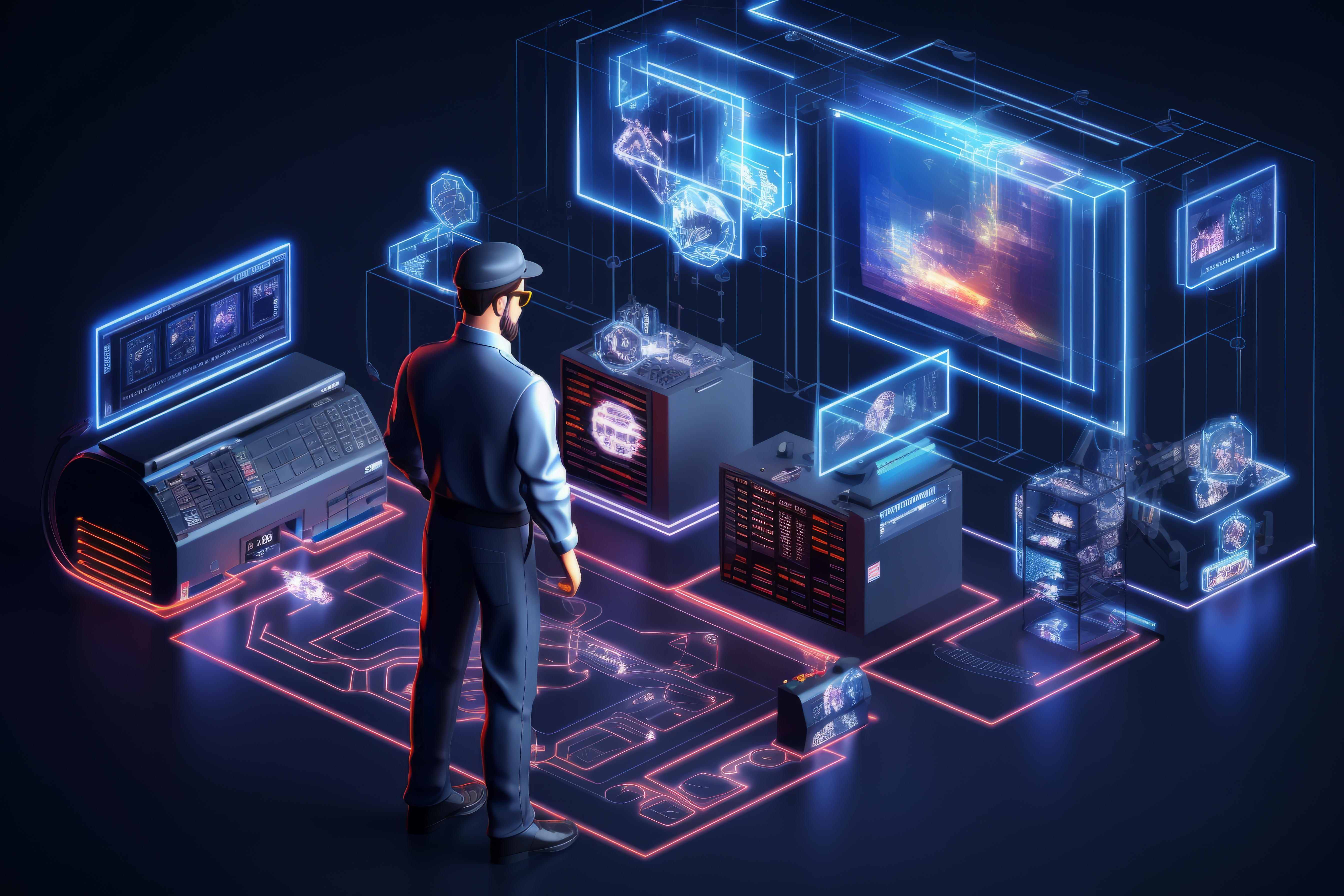Articles and Trivia
Write an article5G and Its Impact on Computer Engineering

The advent of 5G technology marks a revolutionary step in wireless communication, bringing unprecedented speed, ultra-low latency, and massive connectivity. This fifth-generation mobile network is set to transform industries, and computer engineering is no exception. The integration of 5G into computing systems will drive innovations in hardware, software, networking, and data processing. This article explores the profound impact of 5G on computer engineering and the new opportunities it presents.
Enhanced Network Performance and Computing Efficiency
One of the most significant impacts of 5G on computer engineering is the enhancement of network performance. With speeds up to 100 times faster than 4G, engineers can design and optimize computing systems that leverage cloud computing, edge computing, and distributed networks more efficiently. The increased bandwidth and reduced latency enable real-time data transmission, making applications like remote computing and cloud gaming more seamless.
Edge Computing and IoT Expansion
5G plays a crucial role in advancing edge computing and the Internet of Things (IoT). Edge computing, which processes data closer to the source rather than relying on centralized cloud servers, benefits greatly from 5G’s low latency and high-speed connectivity. This shift reduces the load on central data centers and enhances the performance of IoT devices, smart cities, and industrial automation. Computer engineers will need to develop optimized algorithms, robust security measures, and efficient data processing techniques to manage the vast amount of data generated by IoT devices.
Evolution of AI and Machine Learning Applications
Artificial Intelligence (AI) and Machine Learning (ML) require high-speed data processing and large-scale computational power. 5G facilitates the rapid transmission of data, allowing AI models to be trained and deployed more efficiently. This advancement will lead to smarter applications in robotics, healthcare, finance, and autonomous vehicles. Computer engineers will need to develop new frameworks and architectures that leverage 5G to enhance AI performance and integration.
Advancements in Cybersecurity and Data Privacy
With the proliferation of connected devices and high-speed networks, cybersecurity becomes a top priority. 5G introduces new challenges in securing data transmissions, preventing cyber threats, and ensuring user privacy. Computer engineers will have to design advanced encryption protocols, secure authentication mechanisms, and decentralized security frameworks to protect sensitive data. The implementation of blockchain and AI-driven security measures will also gain traction in 5G-powered environments.
Impact on Cloud Computing and Virtualization
Cloud computing is set to experience a significant transformation with the adoption of 5G. Faster connectivity enables seamless access to cloud-based applications, reducing dependency on local hardware. Virtualization technologies, including Virtual Machines (VMs) and Containers, will become more efficient, allowing for better resource allocation and management. Computer engineers will need to focus on optimizing cloud infrastructures and developing scalable software solutions that leverage 5G capabilities.


